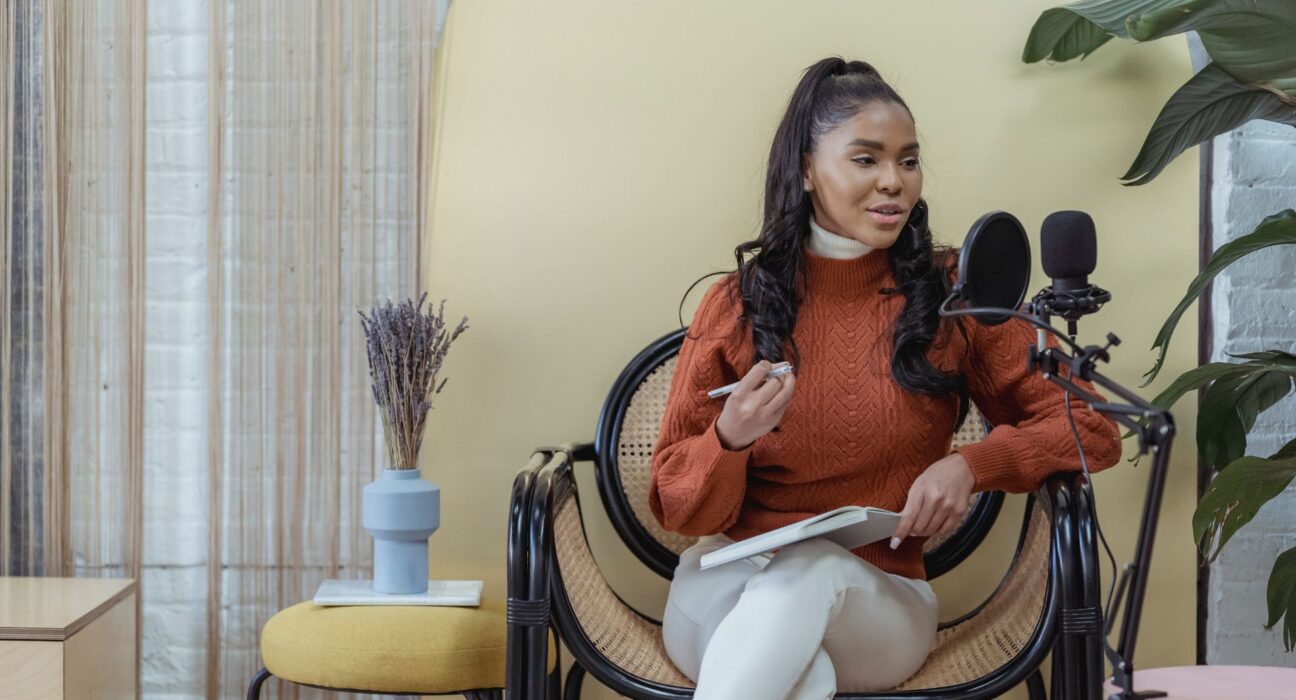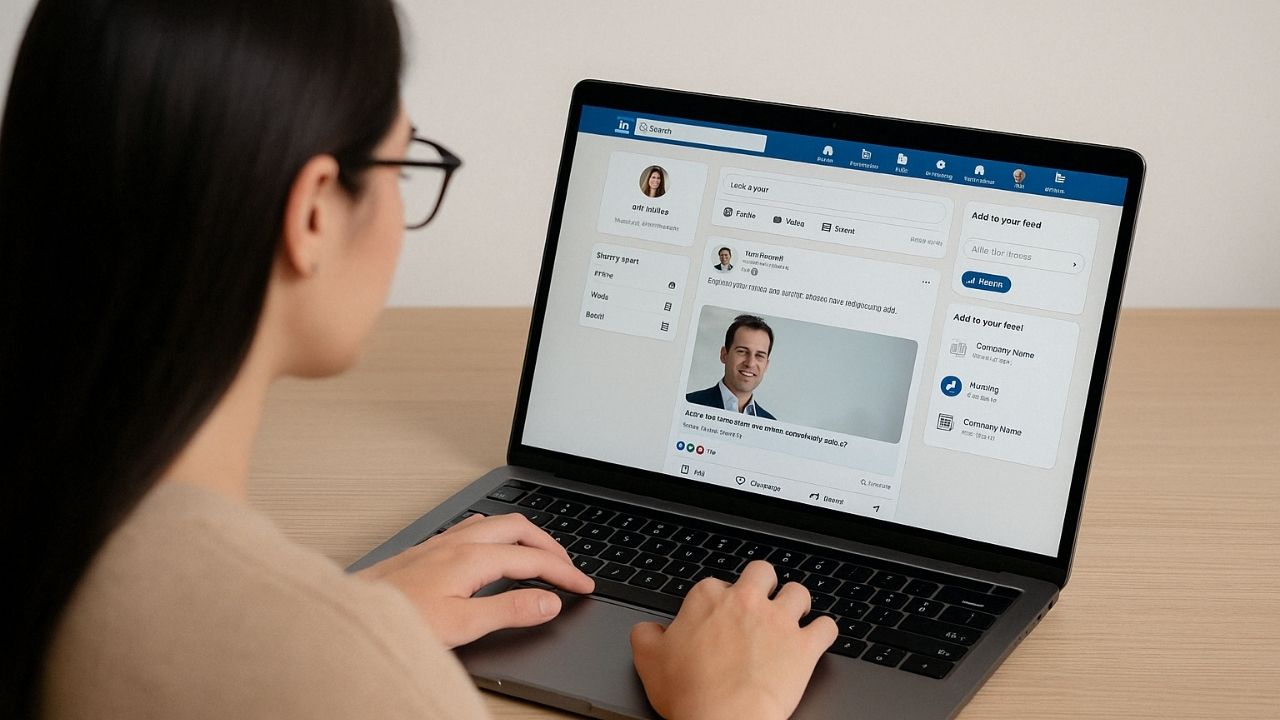As an entrepreneur or small business owner, you are always on the lookout for innovative ways to reach out to your clients and partners. One effective way to grow your brand and connect with your audience is to start a podcast. Podcasts have been gaining in popularity in recent years and offer a great way to build your personal or business brand, and connect deeper with future clients, vendors, and partners. However, starting your own podcast may seem daunting at first. This comprehensive guide will provide you with everything you need to know to get started on your podcasting journey.
I’ve been doing some version of a podcast for almost 10 years and love it. First, there was the Smart Hustle Podcast. Now I do a show for Black Enterprise, The Rundown with Ramon.
Define Your Podcast Purpose
Your podcast should have a clear purpose that outlines the value you are providing to your target audience. You need to identify who your audience is and what they want to know. This will help you create relevant content that resonates with them. You can research your audience to better understand their interests, needs, and pain points. This will help you create content that will keep them engaged throughout your podcast.
Solo or Interview Style
You will also have to decide whether you will host the podcast alone or whether you will conduct interviews. Solo podcasts are easier to produce, but they require you to be engaging and able to keep your audience interested. On the other hand, interview-style podcasts give you the opportunity to explore different perspectives and insights while also leveraging the audiences of your guests.
Duration of Your Podcast
Another important consideration is the length of your podcast. Generally, podcasts typically last between 30 minutes to an hour. However, this is not a hard and fast rule, and you should adjust the length according to your content. You don’t want your audience to lose interest or feel that the podcast is too long.
Marketing Your Podcast
Once you have your podcast plan in place, the next step is to market it. You can start by sending out an email blast to your mailing list, creating social media posts, and leveraging blogs. You can also consider guest podcasting on other podcasts that your audience is more likely to be listening to. Remember, it’s important to build a presence online and offline that will help build your audience. Use social media channels like Instagram, Twitter, and LinkedIn to build relationships with potential listeners and spread the word.
Audio Quality Matters
Good audio quality is essential for a successful podcast. You don’t have to have top-of-the-range equipment, but it’s important that your audio is clear and easy to hear. Invest in a good microphone that reduces background noise and enhances the clarity of your audio. For video podcasts, quality video is important. Ensure that the environment is well-lit and uncluttered to provide a good visual experience for your audience.
Video Is Great
Your podcast need not only be audio, but can be video as well. Yes it’s a bit more effort to produce and you’ll need to be “camera ready” but it’s so much more engaging for the audience. Video helps with the storytelling aspect of your podcast and allows you to convey emotion, facial expressions and gestures that are hard to express over audio alone.
Be Organized
Organization is key when it comes to creating a successful podcast. Have an outline for each episode so that you know what topics you want to cover, when to bring in guests, how to structure your show and when to transition from one segment to the next. This will help you keep your podcast on track and ensure that each episode is focused on one main topic or idea.
Related: How to Conduct a Great Podcast Interview: Tips and Tricks
Invest in Good Equipment
Having good audio quality is essential for any successful podcast. Investing in a high-quality microphone, recording software and other audio equipment will ensure that your podcast is crisp and clear. This can make a huge difference in the quality of your podcast, and it will make it more enjoyable for listeners to follow along. A quality “podcast microphone” that you can find on Amazon, or other places is all you need.
How do you put the podcast together?
- Get your microphone and/or video equipment together
- Schedule your first guest and be prepared with great questions and conversation
- You can use Zoom or popular podcast services like Anchor or Podbean for your podcast recording.
- Once your podcast is uploaded to the podcast hosting platform be sure it’s setup to distribute to Apple and other podcast distribution networks.
- That’s about it. Be consistent, have fun and serve your audience.
Starting your own podcast can seem like a daunting task, but it’s worth it in the end. Podcasts offer a great way to build your personal or business brand, connect deeper with future clients, vendors, and partners. Define your purpose, choose the interview style you want, decide on the length of your podcasts, and market them effectively. Most importantly, ensuring that your audio and video quality is high will guarantee a great experience for your listeners. Get ready to share your voice and your knowledge with the world!
Related articles:










